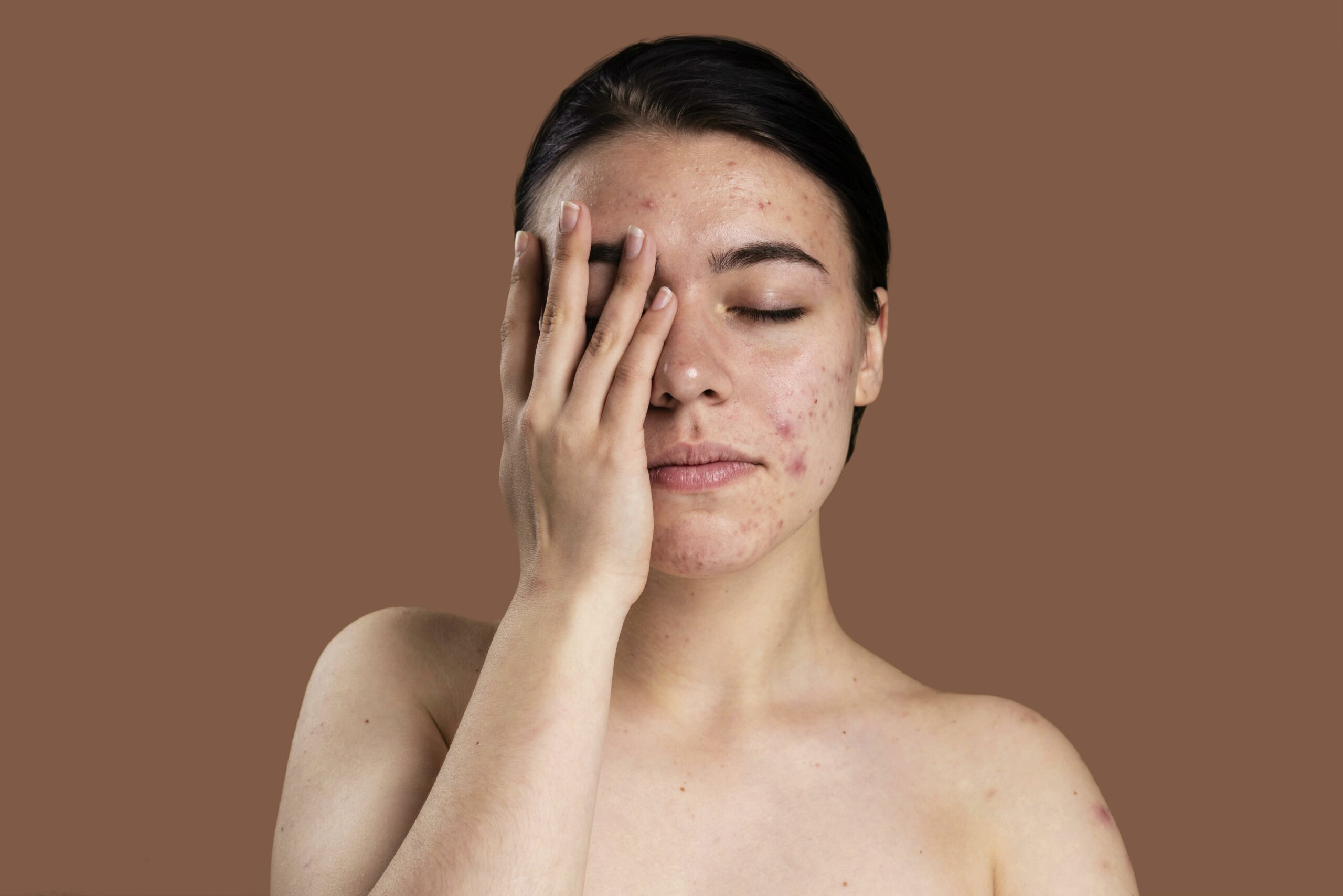The skin is the largest organ of the human body, and it helps to give signals about a possible undiagnosed condition. If you notice a noticeable change in your skin that has no explanation for you, see a specialist.
The unexplained appearance of spots on the face could be a symptom that the liver is malfunctioning. Now, there are different types of spots that can occur due to liver disease.
A successful way to reverse the damage to the skin is to improve the state of health, as well as to have a treatment for any liver disease. However, it should be considered that not all spots on the face are a sign that there is a health problem, in these cases it will be easier to make the marks disappear.
Then we can explain the types of marks that occur when there is a liver disease or malfunction.
- Angiomas: they have reddish tones, they are caused by the accumulation of capillary vessels in the outer layer of the skin. In addition, they evolve mainly in patients with liver cirrhosis.
- Jaundice: this is the presence of a yellowish hue in the pelt, it is not a spot or mark, and it is caused by high levels of bilirubin in the blood. It usually occurs in those with cirrhosis of the liver, fatty liver or hepatitis.
- Hemochromatosis: it is caused by the accumulation of iron in the liver, which causes darkening of the skin on the face. It usually occurs in people suffering from alcoholism.
How to improve the condition of your skin?

The first step is to improve your health and get an appropriate treatment for the liver condition that is present, this way it will be easier to improve the appearance of the skin as there are solutions for these spots.
In addition, there are ways to minimize the damage to the liver and completely end the spots on the face.
- Food: the pelt can be the reflection of the status of your body, that is why maintaining a healthy and balanced diet will be key to improve the appearance of this, as well as your health. It is recommended to eat fruits, vegetables and fiber.
- Alcohol: alcohol consumption can not only damage the liver. But also generate different skin tones, so it is recommended to reduce its consumption to a minimum.
- Hydration: in addition to reducing wrinkles, dark circles and acne, it will also help keep your liver healthy and reduce those unwanted spots.
- Care: using sunscreen, creams suitable for your pelt, as well as going to a dermatologist will be wise steps to improve your skin.
With these recommendations you can start the path to have a healthy skin and liver, attacking the origin disease is essential to be healthy as well as paying attention to the signals given by our body.














